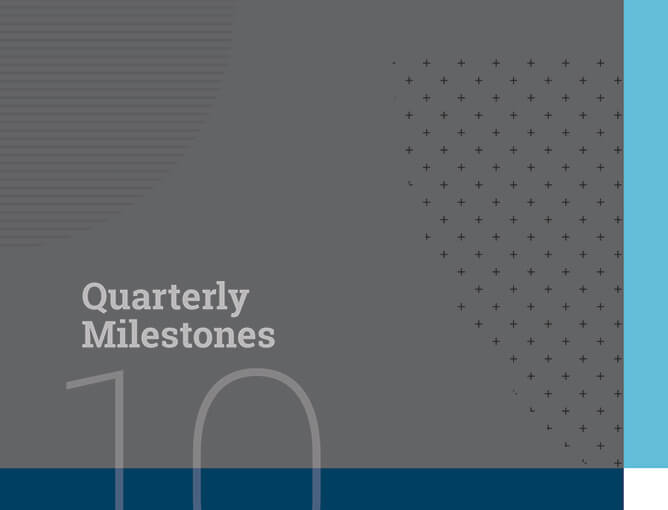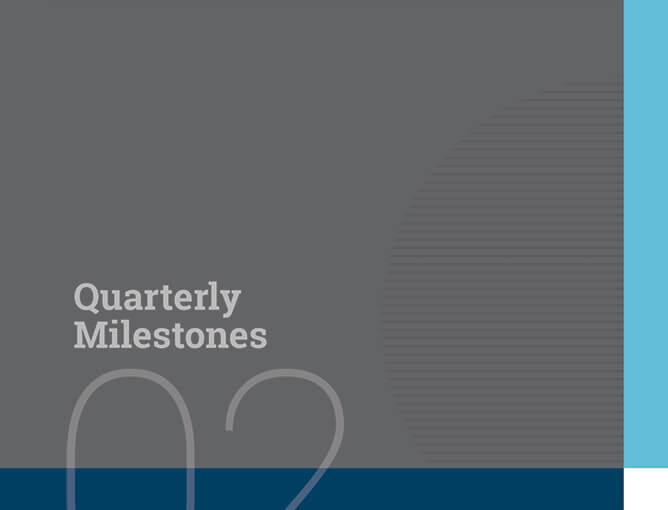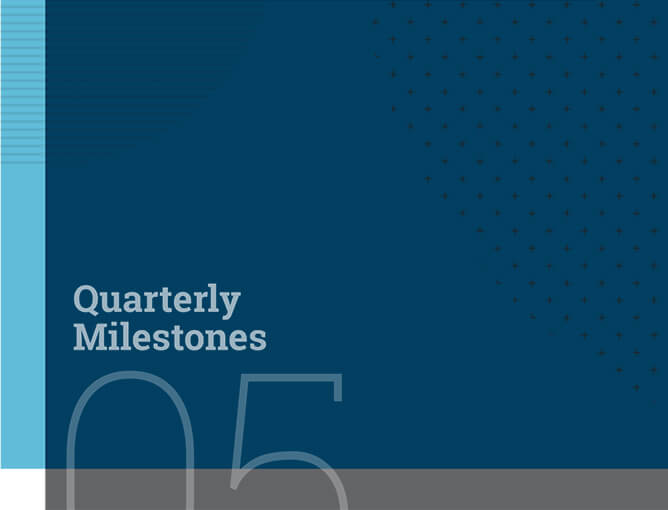
Shruti RajanPartner

Khyati GoelSenior Associate

Harishankar RaghunathAssociate
Key Developments
-
Foreign Portfolio Investors fulfilling certain criteria will now have to make additional disclosures of ownership, economic interest, and control
To curb any potential circumvention of minimum public shareholding norms or Press Note 3 investment restrictions through Foreign Portfolio Investors (FPI), the Securities and Exchange Board of India (SEBI), in its board meeting on 28 June 2023, has approved amendments to the Foreign Portfolio Investors Regulations, 2019, requiring FPIs that fulfil certain objective criteria (discussed below) to make additional, granular-level disclosures to their Designated Depository Participant. The amendments, once notified, are expected to significantly increase the compliance burden for FPIs, especially large FPIs with significant holdings in the Indian equity markets.
These disclosures will involve identifying the entities with economic, ownership or control rights in the FPI on a full look-through basis without applying any numerical materiality threshold. The identification will be made up to the level of the (i) natural person, or (ii) retail fund, or (iii) Government of India-owned entity, or (iv) regulated pooled investment vehicle, or (v) public listed entity, or (vi) Exchange Traded Fund in certain jurisdictions.
The criteria for identifying the FPIs obligated to make such disclosures are:
- holding more than 50% of the Assets Under Management (AUM) in a single Indian corporate group, and
- holding more than INR 25,000 crore AUM in the Indian equity markets.
Not all FPIs that fulfil the above criteria will be impacted by this move. Sovereign funds, pension funds, public retail funds and verified pooled investment vehicles, among others, have been exempted from making these additional, granular disclosures.
SEBI is expected to codify and operationalise this additional disclosure regime for FPIs shortly.
-
Alternate eligibility criteria introduced for sponsoring a mutual fund, easing the entry of private equity funds
The market regulator had been mulling over several reforms to the framework governing mutual funds in India to enhance investor protection, for which it had issued a consultation paper for public comments earlier this year. Following public consultation, the market regulator has notified amendments to the SEBI Mutual Funds Regulations, 1996, to provide alternate eligibility criteria to sponsor a mutual fund, for those entities that do not satisfy the main eligibility criteria, such as private equity funds.
The essential structure of a mutual fund in India – where the sponsor entity establishes a mutual fund through setting up the mutual fund trust and the attendant asset management company (AMC) to manage the funds – remains unchanged. Under the alternate eligibility criteria, the requirements imposed under the main eligibility criteria on the sponsor entity of positive net worth and maintaining net profits for the preceding five years do not apply. Instead, the alternate eligibility criteria include capitalising the mutual fund’s AMC to a net worth of at least INR 150 crore, and appointing personnel in the AMC with significant combined experience in the industry. The corresponding shareholding of INR 150 crore, as capitalised by the sponsor, will be locked in for five years.
The regulator has also clarified that private equity funds are the only pooled investment vehicles that can sponsor a mutual fund through this alternate eligibility criteria. Additional conditions have been prescribed for such private equity sponsors, including previous experience of investing in the financial sector and restrictions on off-market inter scheme transactions between the sponsored mutual fund and the sponsor private equity fund.
This move is much welcomed in the industry, enabling a fresh flow of capital into the mutual fund market and easing exits for existing sponsors.
-
New regulatory framework notified for providing execution-only services in mutual funds
Noting the mushrooming of ‘Execution Only Platforms’, which greatly facilitate the ease of investments into mutual funds as they allow investors to invest in direct mutual fund plans without signing up as ‘clients’ with such platforms, SEBI has notified a new framework under which entities can offer execution services in direct plans of mutual funds. The framework sets out the registration requirements for such platforms and also prescribes certain safeguards to protect investors who are not ‘clients’ of these platforms. Such investors would not ordinarily be protected or have recourse against any risks arising from availing services from these platforms, but the new framework plugs this gap.
Under the framework, an entity desirous of providing execution-only services must register under either of the two categories – (i) as an agent of AMCs and thus registered with the Association of Mutual Funds in India, or (ii) as an agent of the investor, registered with SEBI as a stock broker. The safeguards prescribed in the framework include the requirement of non-discriminatory policies, so as to not unfairly advantage certain AMCs, and investor level segregation between execution-only services and distribution services at the group level.
-
Insurance facility now available in Trade Receivables Discounting System
The Reserve Bank of India (RBI) has expanded the Trade Receivables Discounting System (TReDS) by permitting insurance companies to function as participants. This move is aimed at improving the cash flows of Micro, Small and Medium Enterprises (MSME) and overcoming the hesitancy of financiers in bidding for the payables of low-rated MSMEs. Insurance companies are now permitted to participate as the ‘fourth participant’ in TReDS, with the platform operator specifying the stage at which insurance facility can be availed.
RBI has also expanded the pool of financiers that are allowed to participate in TReDS. All entities and institutions that are allowed to undertake factoring business under the Factoring Regulation Act, 2011 are now permitted to participate in TReDS.
The central bank’s move is a welcome one. It is expected to increase the flow of easy credit to MSMEs by increasing the number of financiers in the TReDS platforms as well as boosting confidence in bidding for payables.
-
Stringent advertisement code issued for investment advisers and research analysts
SEBI has issued a meticulous advertisement code governing all communication issued by Investment Advisers (IA) and research analysts (RA). The code governs almost every aspect of every communication that may influence the decision of an investor or prospective investor, and contains a long, prescriptive list of dos and don’ts to be followed by IAs and RAs in issuing advertisements. It prescribes certain information that must be contained in the advertisements, including:
- standard warnings or disclaimers, as specified, in legible font or prolonged voice-over reiteration,
- name and registration number, logo, brand name, etc., of the IA/RA.
The code prohibits the use of superlative terms and language and complex terminology. Also, advertisements must not contain references to the past performance of the IA/RAs, and must not, in any way, mislead the investors. In addition, certain prescribed advertisements must be vetted, and prior approval for the advertisement must be obtained from a SEBI recognised supervisory body (e.g., BSE Administration and Supervision Ltd. (BASL) in case of IAs) before being issued. The advertisement code has been seen by the industry to be restrictive and prescriptive and would have the effect of deterring IAs and RAs from issuing advertisements. The broad wording of the applicability of the code, as well as some of the restrictions contained therein, would pose compliance challenges to industry participants.
In light of the increasing importance of cybersecurity to SEBI regulated entities and the various circulars issued in this respect, the regulator is considering issuing a consolidated circular, which is already in the consultation stage and is expected over the next quarter. With reference to the mutual fund industry, the amendments to the insider trading regime are expected to be notified in the upcoming quarter. The notification of these amendments will extend the present insider trading regulatory framework to mutual fund units and impose compliance obligations on AMCs including the requirement to formulate, among others, a code of conduct, whistleblower policy and procedures to handle leaks of unpublished price sensitive information.













